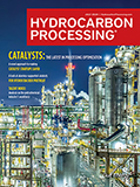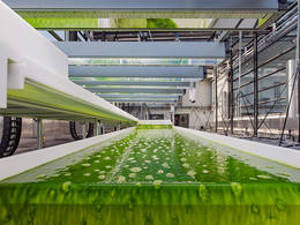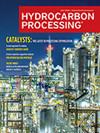From green slime to jet fuel: Algae offers airlines a cleaner future
OTTOBRUN, Germany, June 15 (Reuters) - As airlines struggle to find cleaner ways to power jets, and with an industry-wide meeting on CO2 emissions just months away, scientists are busy growing algae in vast open tanks at an Airbus site at Ottobrun, near Munich.
The European aerospace group is part-financing the Munich Technical University (MTU)project to grow algae to be used as a biofuel. Although commercial production is a long way off, hopes are high.
Thomas Brueck, MTU's associate professor of industrial biocatalysis, says that the biofuel from algaculture could cater for 3-5% of jet fuel needs by approximately 2050.
Algae can grow 12 times faster than plants cultivated on soil, and produces an oil yield about 30 times that of rapeseed.
However, although aviation biofuel made from feedstocks such as flax or used cooking oil is already available, limited stocks and low oil prices mean only a few airlines, including Lufthansa and KLM, are using it on a trial basis.
"To substitute 100% of the kerosene use today, we will not do it with algae alone. We need a combination of different technologies to actually enable that substitution," Brueck said.
Airbus also says the technology, in which it and the Bavarian government are investing more than 10 MM euros ($11 MM) between them, is still at an early stage and is not financially viable for airlines just yet.
"But we are sure that over time, we will make it possible to offer kerosene made of algae for a competitive price," an Airbus spokesman said.
Reporting by Reuters TV; Additional reporting by Victoria Bryan; Editing by Louise Ireland







Comments